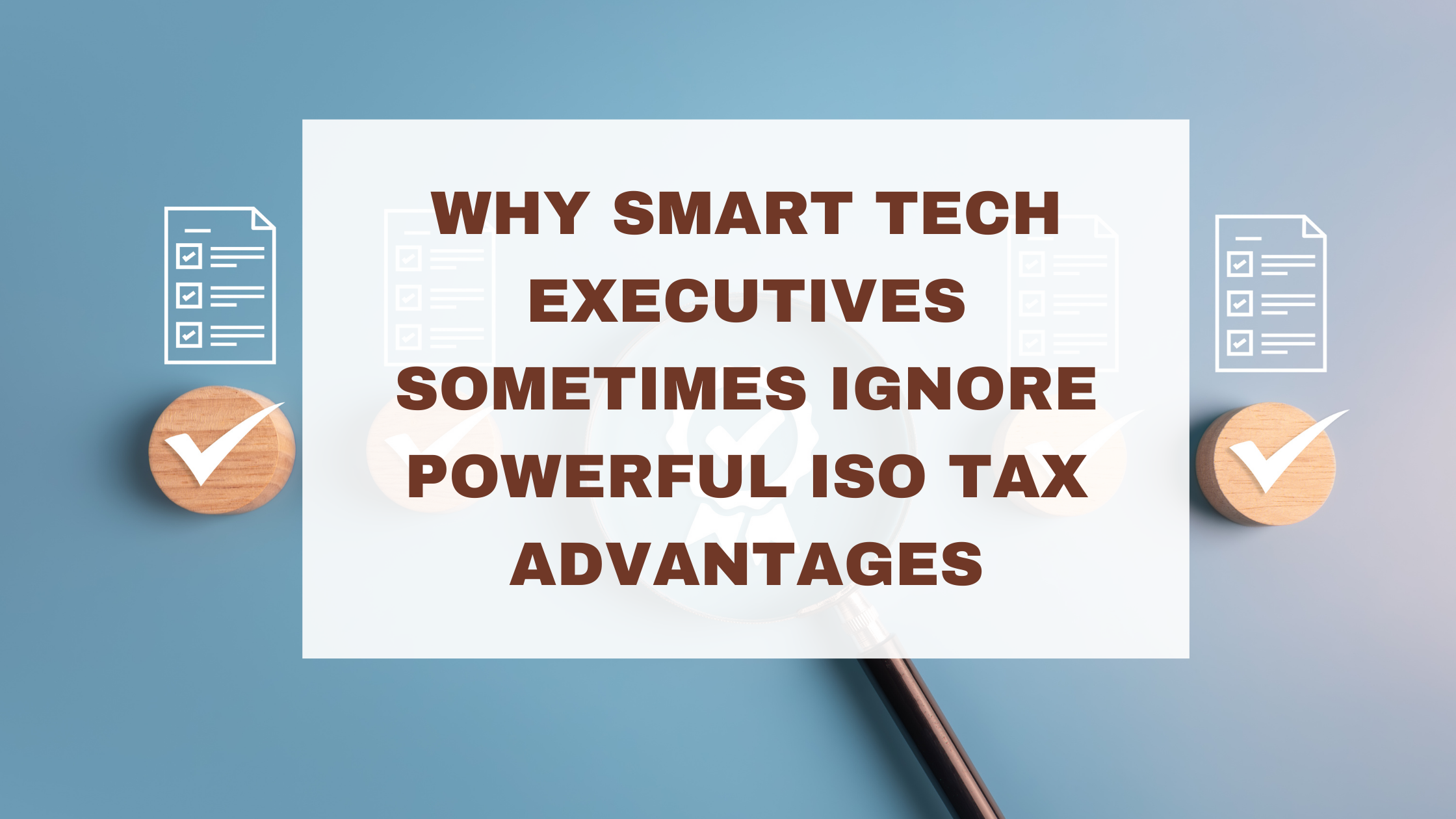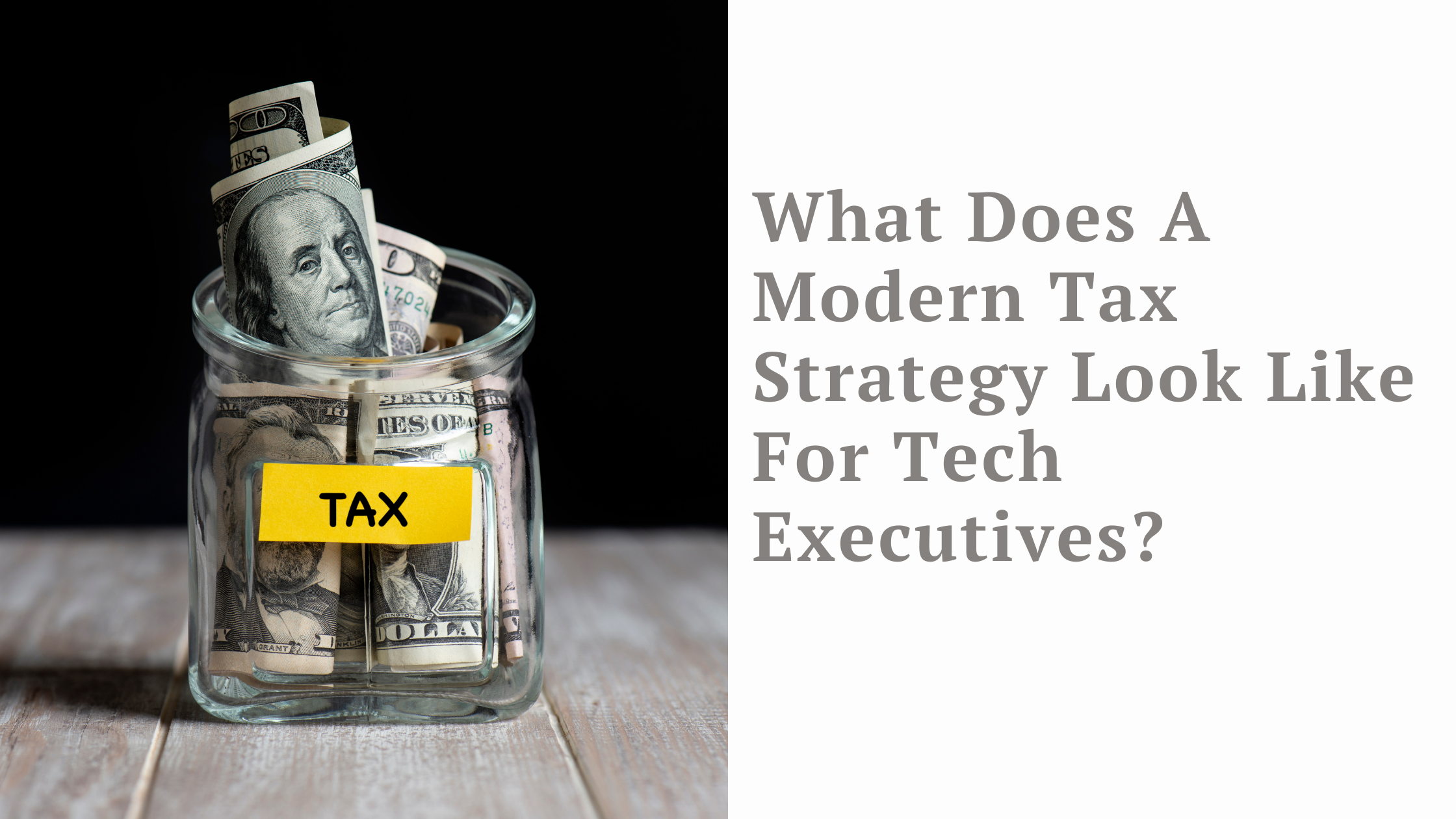How Do Tech Professionals Build Durable Wealth?
True Root Financial is a fee only financial advisor and financial planner based in San Francisco, CA. We serve clients across the globe.
Spoiler: It’s not just about landing a big paycheck!
Jason, a 34-year-old software engineer in San Francisco, had what most would consider the dream setup. He pulled in a generous six-figure salary, had equity in a well-funded startup, and received annual bonuses that outpaced the national median income. On paper, he was crushing it. But a year later, he found himself asking a question many tech professionals never expect to ask:
“Where is all my money going?”
Taxes kept catching him off guard, and he wasn’t sure if his investments worked as hard as he did.
“I thought I was building wealth,” he said, “but now I’m not so sure.”
If you are a tech professional interested in learning how we can help claim your financial independence by investing wisely, minimizing taxes and maximizing your equity compensation, please book a no obligation call here.
Is Inflation Stealing Your Wealth? If yes, watch the video below to learn top 3 reasons why building wealth isn’t just about income, how inflation silently eats away at your money and how your cash flow strategy can fight back.
Key Takeaways:
- High income doesn’t guarantee lasting wealth; strategy does
- Equity compensation needs a clear plan, not a wait-and-see approach
- Durable wealth comes from what you save, invest, and protect, not just what you earn.
Here’s how tech professionals like Jason (and maybe you) can build wealth that actually lasts:
1. Get Real About Cash Flow
Big income often brings big expenses. Between rent in the Bay Area, travel, and “treat yourself” tech toys, it’s easy to lose track.
Action step: Track your spending for 30 days. You might be surprised. High earners who are intentional about where their money goes tend to save and invest far more over time.
2. Build a Plan for Your Equity Compensation
Whether you’re receiving RSUs, ISOs, NSOs, or participating in an ESPP, equity compensation is a powerful (and risky) part of your financial life.
Durable Wealth Strategy:
- Treat equity compensation as income, not a bonus or lottery ticket.
- Create rules-based plans to diversify your holdings over time.
- Work with a tax-savvy financial advisor to time your sales and exercises.
Example:
Let’s say you receive $100,000 in equity over the next two years. A strategy that spreads out selling, coordinates with 401(k) maxing, and uses tax-loss harvesting could save you tens of thousands in taxes and help you reinvest into a more diversified portfolio.
Bottom line: Equity compensation should fuel long-term wealth, not tie it to one company’s stock chart.
3. Maximize Tax-Advantaged Accounts
Tech professionals in high tax brackets benefit enormously from using every available tax shelter.
Don’t Stop at the 401(k):
Mega Backdoor Roth IRA: Available in some 401(k) plans, allowing $20K–$30K+ more in Roth contributions each year.
Health Savings Account (HSA): Triple-tax-advantaged and useful even if you don’t have large healthcare costs now.
Spousal IRA: If your partner doesn’t earn income, you may still be able to contribute on their behalf.
529 Plan: If you plan to have kids, start early for compounding and potential state tax benefits.
Why It Matters:
Taxes are often the single biggest drain on tech compensation. Every dollar you keep growing tax-efficiently now means fewer hours you’ll need to work later.
4. Invest Outside Retirement Accounts
Once you’ve maxed out tax-advantaged plans, build after-tax investments for flexibility and growth.
Benefits of a Taxable Brokerage Account:
- Accessible anytime without penalty
- Ideal for intermediate goals like buying a home, taking a sabbatical, or starting a company
- Can be structured with tax-efficient ETFs and indexing strategies
Smart Move:
Don’t just dump equity comp proceeds into a checking account. Use them to build a core portfolio of diversified assets that grow even while you sleep.
Over time, this becomes your freedom fund—what lets you pivot careers, relocate, or retire early with confidence.
5. Insure Your Biggest Asset—Your Income
You insure your phone. You insure your car. But what about the $5M–$10M your future salary could bring in?
Insurance Every Tech Professional Should Consider:
- Long-term disability insurance: Especially important if your lifestyle depends on a high income.
- Term life insurance: If you have dependents or large financial obligations.
- Umbrella insurance: To protect against lawsuits and liability beyond home/auto coverage.
Durable wealth includes protecting against the risks that could undo years of progress.
6. Plan for Big Life Transitions
Tech careers often come with volatility—startups rise and fall, layoffs happen, priorities change.
Add in personal life transitions like getting married, having kids, or moving out of state, and your financial plan needs to be flexible.
7. Get the Right Guidance
From optimizing equity comp to minimizing taxes, from navigating volatile job markets to balancing early retirement dreams with real-world planning, your situation deserves customized attention.
Working with a financial advisor who understands tech can help you:
- Navigate equity grants and avoid tax surprises
- Build a portfolio tailored to your risk and timeline
- Strategically plan for life transitions, big purchases, or leaving the Bay Area
- Reduce stress by having a clear roadmap, no matter what the market or your company is doing
Final Thoughts: It’s Not About How Much You Make. It’s About What You Keep, Grow, and Protect.
If you’re in tech, you’re already ahead in the income game. But income alone isn’t enough.
Your Next Steps: Ready to Build Durable Wealth?
If you are a tech professional across San Francisco and the Bay Area, looking to turn high income into a lasting financial foundation, let’s schedule a conversation and talk about your goals. Book a call below.









Leave a Reply
Want to join the discussion?Feel free to contribute!